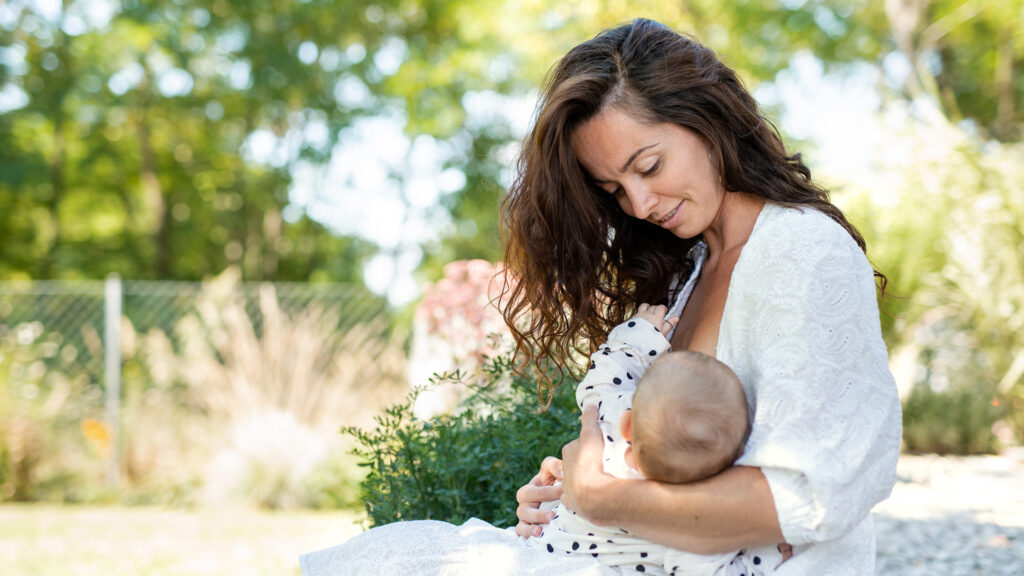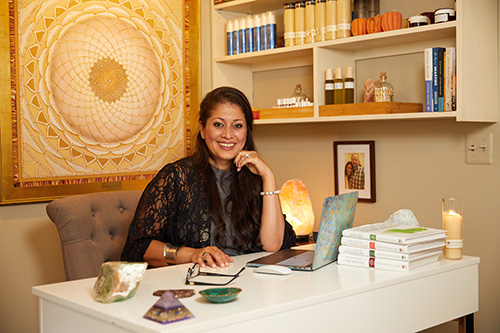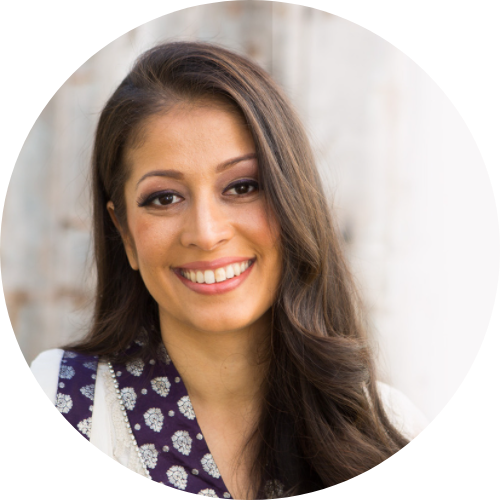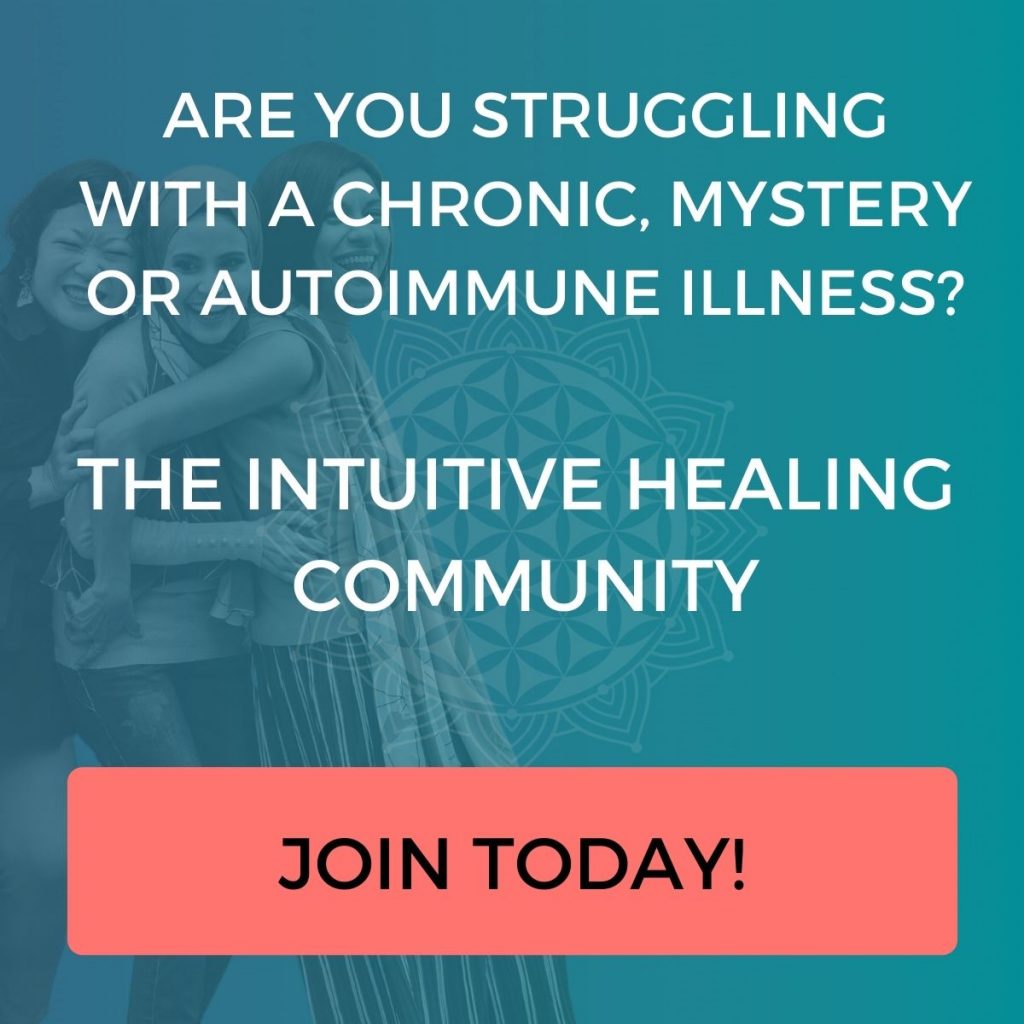Has breastfeeding become an inconvenience to us as women?
Recently, a good friend and I were at a party with six other moms raising infants. Throughout our conversation, it became clear that my friend was the only mother out of seven women raising infants breastfeeding her child.
My friend and I were shocked! “I felt like a Martian,” she told me later. We had a good laugh before discussing how concerning this was for us both.
During our chat with the other mothers, it became clear that most of them felt that breastfeeding their babies was a hassle. When they found out that my friend breastfed her child, they asked her questions like, “How do you find time to work out?” “How do you sleep?” and “I just don’t feel comfortable doing it in public.”
As though, more than anything, breastfeeding was the ultimate disruptor in their daily routines and a cause of shame and embarrassment out in the world.
According to this published journal on breastfeeding, only 25.8% of infants were breastfed exclusively for six months in 2018, and just 35.9% were breastfed to any extent at one year. So, most mothers who choose to breastfeed are only doing so for a few months.
From my experience, breastfeeding is a beautiful, sacred, essential step for mothers to take after they give birth. Yes, some women experience challenges with producing enough milk and need to seek alternatives. However, breastfeeding is greatly misunderstood in today’s world.
There are so many myths saying that breastfeeding is difficult, painful, inconvenient, “gross,” and more that are just plain wrong. Let’s shine some truth on some of the most common myths I hear and celebrate breastfeeding for all it offers us as women and our growing babies.
No matter what you’ve heard, birth does NOT have to be painful!
Download my free guide, 7 CORE ELEMENTS FOR A PAIN-FREE BIRTH, to learn how I experienced a beautiful, pain-free birth with my second daughter.
BREASTFEEDING MYTHS DEBUNKED
1. Breastfeeding will be difficult.
Many women start from a belief that breastfeeding will be difficult to the point where it feels hard for them before their newborn has arrived. Breastfeeding doesn’t have to be a struggle.
I know many women struggle with breastfeeding for various reasons. It’s not always a breeze for every new mother, but I think many women just assume it’s natural to have difficulty when breastfeeding.
There are always causes underneath difficulties in breastfeeding. Maybe a child has a lip tie or tongue tie, which can cause problems with breastfeeding. Breastfeeding difficulty has no reflection on the child or the mother, and it takes some work to overcome lip and tongue ties.
The most common challenge women face is difficulty producing milk, typically resulting from misunderstanding a breastfeeding-friendly diet. Read myth number six below to learn more about the ideal diet for breastfeeding.
2. Breastfeeding is inconvenient, embarrassing, and not worth the effort.
The precious time a mother has to enjoy with her newborn is short, and time spent breastfeeding is some of the most intimate. It hurts my heart when I hear women focusing more on time management and the squeamishness of people around them than they do on making it possible to breastfeed.
It’s undeniable that it takes time to sit and breastfeed or to sit and pump if a new mother needs to be at work part-time or full-time or has appointments to maintain at times. But this time is so worth it. Your life changes when you have a baby. Rushing back to “normal life” cheats a mother and a child out of what new life brings.
And yes, there will be times when an infant cries in the middle of the night and wants to be fed. Isn’t that part of the story of being new parents? Do we really want to find ways to streamline feeding our newborn babies solely to protect our sleep routines?
Looking back, I cherish those moments of new-mom exhaustion. It feels rough sometimes while you’re in it, but in retrospect, it almost always brings only a smile to the face of any woman who’s been through it.
And yes, some people (mostly men) get squeamish around breastfeeding women. So what? There’s no reason to feel embarrassed due to other people’s discomfort with an utterly natural relationship between mother and baby.
My uncle – a hospital designer from Pakistan – was doing a project in Afghanistan. He was helping to rebuild the hospitals that had been bombed during the wars that began in the early 2000s. He told us stories about Afghani women who were covered from head to toe in burkas, but they did not cover themselves in public while breastfeeding.
In Afghani society, which many Westerners would think is exceptionally conservative toward women, it is acceptable to breastfeed in public. So, let’s not get caught up with prudishness in our culture when it comes to something natural, necessary, and beautiful.
3. Baby formula is just as nutritious as breast milk.
Companies producing baby formula have worked hard to convince us that formula is just as good or even better than breastmilk for our babies’ health. This is false.
Many baby formula products contain processed milk from other animals, unhealthy industrial oils, genetically modified ingredients, and many lab-synthesized nutrients that pale compared to the nutrients found in pure human breast milk. Just as fast food is not truly food, baby formula is not proper for babies; it’s a food substitute.
Check out tip number five on my blog, 5 Tips for Successful Breastfeeding, to see the ingredients list for a major baby formula brand.
Human breast milk is the only food specifically designed for a growing infant to reach optimal health. Period. It has the perfect balance of nutrients (mainly glucose, a bit of fat, and a little protein) to help a baby’s brain, liver, muscles, bones, and nervous system fully develop.
In the Philippines, it’s illegal for baby formula companies to advertise, and most infants are breastfed until they are two years old due to strong beliefs in the nutritious benefits of breastmilk.
Many women in less developed countries breastfeed because it’s free. Baby formula is expensive, so they avoid it. The opposite is true in the United States, where low-income women were shown to breastfeed less due to access to governmental baby formula programs, which allow new mothers to work more quickly and easily after giving birth.
Breastfeeding should not be a mark of privilege or poverty. Mountains of research have already shown that breastmilk is the clear frontrunner when it comes to infant nutrition, and thankfully, much of the world is catching up to this truth.
4. Breastfeeding will permanently change your breasts.
While breastfeeding, a woman’s breasts and nipples may elongate as a natural response to the action of a feeding baby. With enough support for the skin and the body’s connective tissues, including post-nursing breast massage, nutrition supportive to skin and tissue, and a little patience, women can get their breasts back to their shape before giving birth.
It is a myth that breasts stretch and are never the same after breastfeeding a newborn, even if some women experience this due to a lack of action taken to help restore their breast tissue.
Breastfeeding has been shown to help a woman’s body return to normalcy after giving birth. The release of the hormone oxytocin, produced during breastfeeding, helps the uterus to shrink and return to pre-birth size. Read more here.
5. Breastfeeding is only healthy for a short period.
There is a growing belief that breastfeeding for a few months or even weeks is enough, after which other feeding options like formula can be introduced. Ideally, a child breastfeeds for at least their entire first year.
Do you remember the study I mentioned earlier? A survey within this study showed that about 60% of mothers were breastfeeding at three months and about 55% at six months. So, just half of mothers made it to six months of breastfeeding.
Many pediatricians recommend starting to feed babies various foods between four and six months, including rice cereal or pureed baby food. But babies should be breastfed until their teeth have grown enough to bite and chew on their own easily.
This naturally happens for most children around 12-14 months, when enzymes in the gut are also developing to process whole foods beyond breast milk.
Here’s another culture comparison for you. I have a friend in Mongolia who told me that children breastfeed until six or seven years of age and even higher and that not doing so is considered negligent parenting. Check out this article on breastfeeding culture in Mongolia.
I’m not saying that we should be breastfeeding our children into school-age years, but this busts the myths we often hear of “long-term breastfeeding” (past 9-12 months), creating unhealthy emotional dependency on the mother in children who breastfeed.
Are you ready to move closer to your dreams of a natural, pain-free birth? Do you want to increase your confidence in yourself and your body as a woman who is building fertility, about to give birth, or moving through post-partum?
I’d be honored to support you privately as an experienced women’s health practitioner. Learn more here!
6. A high-fat and high-protein diet helps with breastfeeding.
Women are trained to believe that high-protein diets are the healthiest option out there, but when it comes to breastfeeding, a diet high in healthy carbohydrates like fruit and fruit juices, starchy vegetables, honey, and coconut water. If a mother’s body is deficient in life-giving glucose, she will have difficulty producing milk for her baby.
In my recent blog, 5 Myths About Raising Healthy Kids, I discussed the actual composition of breast milk (here’s a hint: it’s mostly sugars, NOT fats and NOT proteins).
The body also needs good hydration and rest to get milk going. And most women have lost the traditional connection we had to herbs that promote breastfeeding. Check out my Amazing Mother’s Milk Tea for the top four breastfeeding herbs every woman should consume daily to support milk production.
7. Consuming small amounts of caffeine and alcohol is safe while breastfeeding.
All too often, women are told by their doctors, midwives, and nurses, “You can eat whatever you want after giving birth, in moderation. Most of the bad stuff won’t pass to the baby.”
This is false.
Drinking one glass of wine while breastfeeding is better than drinking three glasses of wine, but the baby will still ingest alcohol via breast milk. No proof shows that small amounts of alcohol are “safe” for a mother to consume while pumping or breastfeeding.
Similarly, no evidence demonstrates that a baby does not experience an adrenaline surge after breastfeeding preceded by coffee, even in small amounts. The addictive qualities of alcohol and caffeine may even be passed down to children who become habituated to these substances that disrupt their body systems.
You don’t have to be perfect with your diet while breastfeeding, but it is vital to give thought to what you’re putting into your body and how that may impact your infant. Our bodies are not designed to consume caffeine and alcohol as adults, so what makes us think that our babies can handle them even in small amounts?
THE BREASTFEEDING REVOLUTION
Despite the many myths that still surround breastfeeding, I am so encouraged by data that shows an increase in breastfeeding rates around the world over the last several decades. The message that the public is grasping and that industries, governments, and nonprofits cannot ignore is that breastmilk is the ultimate in infant nutrition.
Industries get frustrated whenever a natural product is superior to a patented product. Greed drives them to want to control and commodify every aspect of our lives. Just as a company cannot patent organic matter like apples and celery, a company cannot patent a woman’s breastmilk.
It’s taken time for the public consciousness to overcome the baby formula propaganda machine that took off in the mid-20th century, impacting everything from social norms to governmental dietary recommendations. But we’re getting there.
This study shows that breastfeeding rates across many countries are increasing. In the United States, breastfeeding rates have increased by about 25% in just 22 years. In Ireland, breastfeeding went from 32% to 58% simultaneously. And in Sweden, the number continues to be very high, with over 95% of households breastfeeding their infants.
I am encouraged when wisdom and common sense based on natural, God-given instincts overcome all of the myths and special interests that work so hard to divorce us from ourselves and each other. May this trend continue to grow so that the health of our babies, bodies, and families thrives with each passing year.
To your health and peace,
Muneeza







